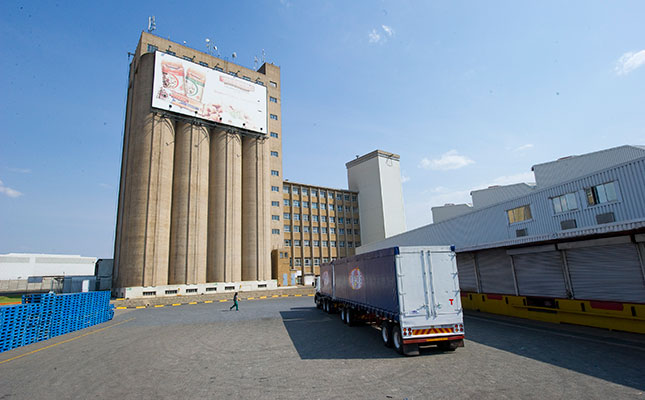
Photo: Tiger Brands
After experiencing some significant financial knocks during its first half-year ended 31 March 2020 (H1 2020), Tiger Brands is reportedly undergoing major strategic changes to keep the company viable in a very difficult future trading environment.
Some of these financial challenges emerged as a result of the national and international trading restrictions due to the coronavirus disease (COVID-19) pandemic
Tiger Brands reported that its H1 2020 group revenue from continuing operations increased 2% to R15,7 billion (H1 2019: R15,3 billion), largely due to product price inflation averaging 4%.
However, for the same period, the company’s profit before tax from continuing operations declined 65% to R673 million (H1 2019: R1,9 billion), mainly as a result of lower sales volumes, raw material and conversion costs rising ahead of inflation, and increased investment in marketing.
Tiger Brands’ H1 2020 financial report said the company had, as a cash preservation measure given the uncertainty created by the COVID-19 pandemic, decided to withhold any interim dividends due to shareholders.
Commenting on the latest financial results, Tiger Brands’ CEO, Noel Doyle, said that “[…] the complex operating context and prevailing economic uncertainty have provided an extraordinary landscape for the business”.
“The need to position the group to respond to uncertainty, shifting consumer behaviour in an intensely competitive trading environment as well as a poorly performing economy, are necessary. The company is in the process of implementing a re-engineered organisational structure to grow in its categories as well as plans to optimise costs,” he said.
Tiger Brands’ H1 2020 financial report said that a key aspect of this process was to exit businesses and product categories that were no longer aligned with the company’s future growth aspirations.
These included the closure of Nigeria-based biscuit factory, Deli Foods; the intention to sell its value-added meat products business; and exploring options for the company’s deciduous fruit business that produced canned fruit and fruit purée largely for export markets.
“[…] we must not underplay the impact of COVID-19 and the resultant lockdown measures on the overall economy. The pace at which we move through the various lockdown phases to fully re-opening the economy remains uncertain, while the impact on consumers, unemployment and disposable incomes is likely to be dire. We anticipate that demand patterns will change and [we] are preparing for significant changes in consumption and shopping behaviour as we move out of the acute phase of the National Disaster period and into, what is likely to be, a deep and prolonged recession,” Doyle added.










